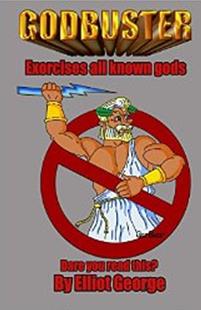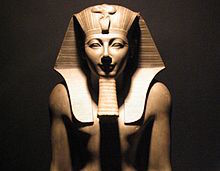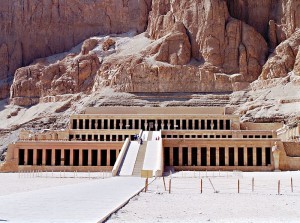The Wisdom Chronicle is designed to bring nuggets of wisdom from the dozens of books I read every year. I endeavor to share the best of what I have gleaned. The determination of relevance lies with you. Blessings, Jim Whiddon
381. SAVING AMERICA “If my people who are called by my name humble themselves, and pray and seek my face and turn from their wicked ways, then I will hear from heaven and will forgive their sin and heal their land.” (2 Chronicles 7:14 ESV) It is not up to lost people to turn the US around. It is up to SAVED people.
— Richard Land
382. B. FRANKLIN’S VALUES Franklin was an enthusiastic supporter of the evangelical minister George Whitefield during the First Great Awakening. Franklin did not subscribe to Whitefield’s theology, but he admired Whitefield for exhorting people to worship God through good works. Franklin published all of Whitefield’s sermons and journals, thereby boosting the Great Awakening.
When he stopped attending church, Franklin wrote in his autobiography:
“… Sunday being my studying day, I never was without some religious principles. I never doubted, for instance, the existence of the Deity; that He made the world, and governed it by His providence; that the most acceptable service of God was the doing good to man; that our souls are immortal; and that all crime will be punished, and virtue rewarded, either here or hereafter.”
Excerpt From: Lee, Richard. “In God We Still Trust: A 365-Day Devotional.”
383. SOCIETY C. S. Lewis described human history this way: “Terrific energy is expended—civilizations are built up—excellent institutions devised; but each time something goes wrong. Some fatal flaw always brings the selfish and cruel people to the top and it all slides back into misery and ruin. In fact, the machine conks. It seems to start up all right and runs a few yards, and then it breaks down. They’re trying to run it on the wrong juice. That’s what Satan has done to us humans.”
384. DATING Are all dates romantic?
Obviously not—at first. But one thing leads to another, and there is no kind of “liking” between a man and a woman that is unaffected by the fact that they are of opposite sex.
The more hours you spend alone together, the more likely you are to end up horizontal, no matter how firmly you had intended abstinence.
We have rational control, and we should work to strengthen it. But we should be realistic about its weaknesses. Your rational control is:
1. Strong in deciding what circumstances to put yourself in; 2. Weak in deciding what emotions to have when you’re already in those circumstances; and 3. Weakest in deciding what to do when you are already under the influence of those emotions.”
Excerpt From: Budziszewski, J. “Ask Me Anything.”
385. TELEVISION “Groucho Marx said he found television educational only because “every time someone switches it on, I go into the other room and read a book.”
Excerpt From: Harris, Michael. “The End of Absence.”
386. TECHNOLOGY “With every increase in technology there is a corresponding decrease in free time.” –Peter Drucker 387. GODLY INCENTIVE “The gospel gives us a new and different incentive for godly living than we had when we were under the law as a system for salvation. When we realize the purpose of the death of Christ as we think of it in gratitude, we find a new incentive to be holy. It is not fear and self-confidence, but gratitude and love.
Being saved doesn’t mean you are free from having a master. You can be either a slave to sin or a servant of God; but you cannot be neither, and you cannot be both.”
Excerpt From: Keller, Timothy. “Romans 1-7 For You.”
388. LEGISLATE MORALITY? “As to legislating morality, Aristotle famously observed that all law rests upon a necessary foundation of morality. If the government’s exercise of power is not in the service of the common good, then its actions are illicit. Simply put, morality is the only thing you can legislate.”
Excerpt From: Koukl, Gregory. “Tactics.”
389. DEATH BY MINNOWS “Getting eaten by a whale or nibbled to death by minnows results in the same thing, although one demise is typically more difficult to diagnose.”
–Steve Haas
390. COURAGE “You may be 38 years old, as I happen to be. And one day, some great opportunity stands before you and calls upon you to stand up for some great principle, some great issue, some great cause. And you refuse to do it because you are afraid. You refuse to do it because you want to live longer. You’re afraid that you will lose your job, or you’re afraid that you will be criticized or that you will lose your popularity, or you’re afraid that somebody will stab you, or shoot at you or bomb your house; so you refuse to take the stand. Well you may go on and live until you are 90, but you’re just as dead at 38 as you would be at 90. And the cessation of breathing in your life is but the belated announcement of an earlier death of the spirit. You died when you refused to stand up for right. You died when you refused to stand up for truth. You refused to stand up for justice.”
— DR. MARTIN LUTHER KING JR.,







